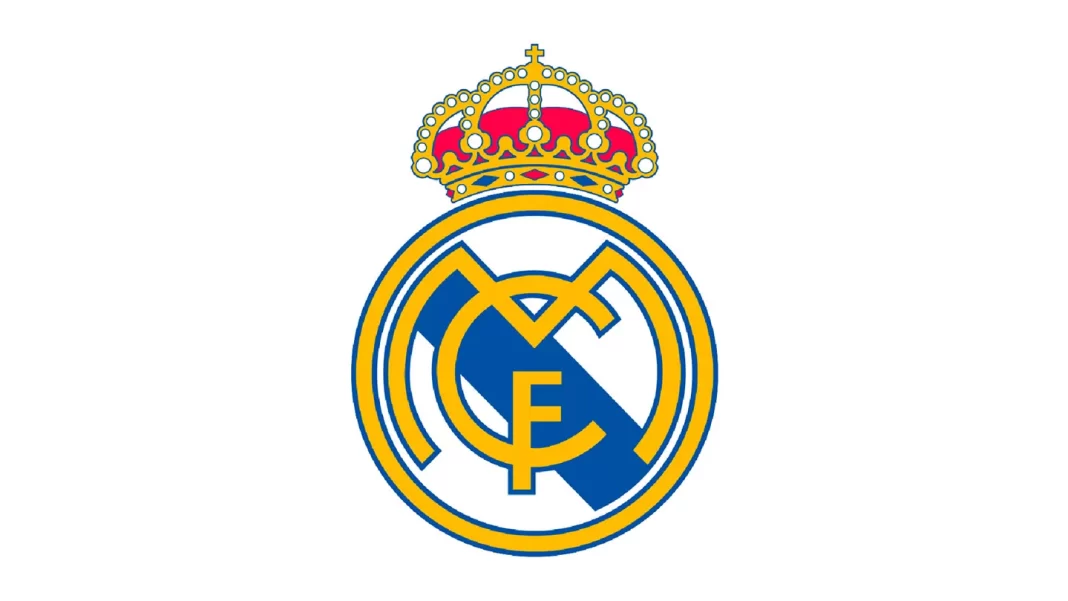Real Madrid C.F. says it will seek “substantial damages” from UEFA after the Provincial Court of Madrid rejected appeals by UEFA, Spain’s football federation and LaLiga, and confirmed that UEFA “seriously breached EU competition law” in its opposition to the European Super League, according to the club’s official announcement.
In its statement, Real Madrid said the ruling “paves the way” for compensation and recapped a year of talks with UEFA on governance, financial sustainability, player health and fan access—including wider free viewing options—that produced no agreement. The club argued those issues remain unresolved and said it will continue to press for reforms while pursuing redress for losses it attributes to UEFA’s conduct.
UEFA, for its part, has maintained that court decisions do not endorse a breakaway competition and that its updated authorization rules (adopted in 2022 and later refined) remain in force. In earlier reactions to related Spanish proceedings, UEFA said the then-current judgment did not affect its revised framework, while after the EU court’s 2023 ruling it emphasized that the decision highlighted shortcomings in an older pre-authorization system that UEFA had already overhauled. In both cases, UEFA stated its commitment to the European “pyramid” model and solidarity mechanisms.
The Madrid court’s decision follows the landmark December 21, 2023 judgment by the Court of Justice of the European Union, which found that prior-approval rules used by FIFA and UEFA to control new inter-club competitions—and the linked exploitation of media rights—ran contrary to EU competition law and the freedom to provide services. That judgment, which guided subsequent Spanish cases, did not approve any specific new tournament but faulted the absence of clear, transparent, and objective criteria in the former authorization regime.
What it means: Real Madrid’s announcement escalates a long dispute over who sets the terms of elite European competitions and controls commercial rights. Any damages bid will test how national courts quantify harm from blocked projects and could influence how authorizations for cross-border club tournaments are handled going forward. UEFA has consistently argued that its current rules comply with EU law and that the traditional competition structure should be protected; Real Madrid contends the court’s latest decision strengthens its claim for compensation while it advocates for governance and access reforms.
What’s next: the size and venue of Real Madrid’s damages claim; potential further legal steps in Spain; and whether other parties move to file similar actions. The broader stakes involve competition formats, commercial rights distribution, and how any future non-UEFA competitions would be evaluated under the post-2023 legal framework.
A global media for the latest news, entertainment, music fashion, and more.














